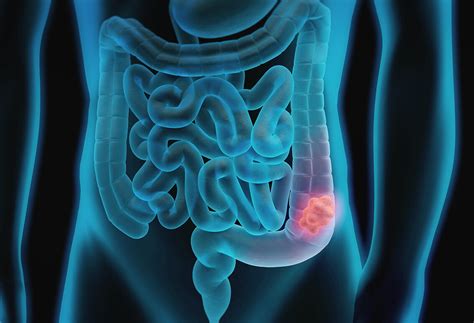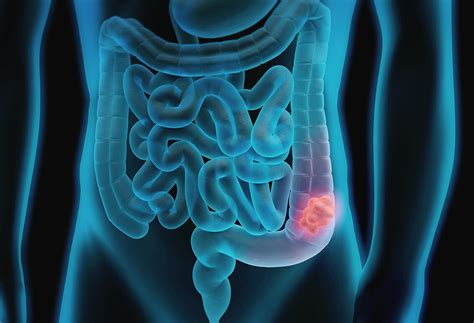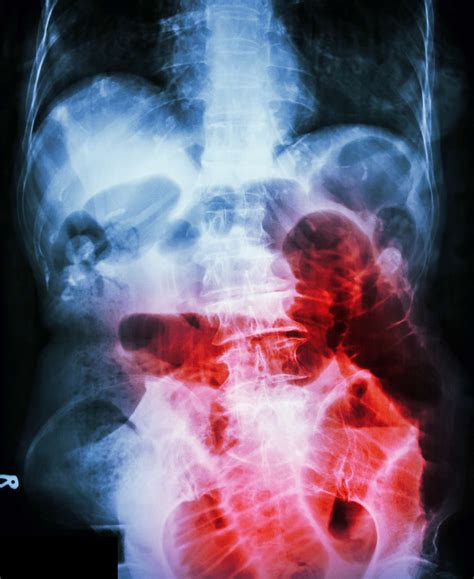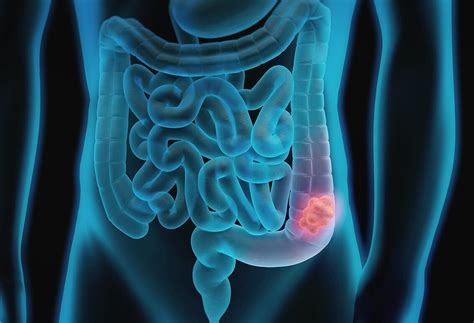Intro
Explore bowel obstruction surgery options, including laparoscopic and open procedures, to relieve intestinal blockages and restore digestive health, discussing symptoms, diagnosis, and treatment methods.
The digestive system is a complex and vital part of the human body, responsible for breaking down food, absorbing nutrients, and eliminating waste. However, various conditions can disrupt this process, including bowel obstruction, a blockage that prevents the normal flow of intestinal contents. This condition can cause severe abdominal pain, vomiting, constipation, and other symptoms, significantly impacting a person's quality of life. Bowel obstruction surgery is often necessary to relieve the blockage and restore normal bowel function. Understanding the different surgery options and their implications is crucial for individuals facing this condition.
Bowel obstruction can result from various factors, including adhesions from previous surgeries, hernias, tumors, and inflammatory bowel diseases like Crohn's disease. The choice of surgical procedure depends on the underlying cause, the location and severity of the obstruction, and the patient's overall health. Surgeons may employ different techniques, ranging from minimally invasive laparoscopic surgery to open surgery, each with its benefits and risks. For instance, laparoscopic surgery involves smaller incisions, leading to less tissue damage, reduced pain, and faster recovery times compared to traditional open surgery. However, not all patients are candidates for laparoscopic procedures, especially those with complex obstructions or significant adhesions.
The management and treatment of bowel obstruction have evolved significantly over the years, incorporating advancements in surgical techniques, diagnostic tools, and post-operative care. Early diagnosis is critical to prevent complications such as bowel ischemia (reduced blood flow to the bowel), which can lead to tissue death and necessitate the removal of the affected bowel segment. Diagnostic imaging, including X-rays, CT scans, and MRI, plays a pivotal role in identifying the location and cause of the obstruction, guiding surgical planning. Understanding these aspects can empower patients to make informed decisions about their care and to navigate the often complex healthcare system more effectively.
Bowel Obstruction Surgery Overview

Bowel obstruction surgery is designed to relieve the blockage, restore bowel function, and prevent future complications. The surgery can be performed under general anesthesia, ensuring the patient remains comfortable throughout the procedure. The surgical approach may involve removing the obstructed segment of the bowel and then reconnecting the healthy ends, a procedure known as bowel resection. Alternatively, if the obstruction is due to a condition like a hernia, the surgeon may repair the hernia to prevent recurrence. In some cases, especially if the bowel is severely damaged or if there's a risk of infection, a temporary or permanent ostomy may be created to divert stool away from the affected area, allowing it to heal.
Types of Bowel Obstruction Surgery
The types of surgery for bowel obstruction can be broadly categorized based on the approach and the specific techniques used. These include: - **Laparoscopic Surgery**: A minimally invasive technique using small incisions through which a camera and surgical instruments are inserted. This approach is preferred for its reduced recovery time and less post-operative pain. - **Open Surgery**: Involves a larger incision to access the bowel directly. This method may be necessary for more complex cases or when laparoscopic surgery is not feasible. - **Bowel Resection**: The removal of the obstructed portion of the bowel, followed by reconnection of the healthy segments. - **Hernia Repair**: If the obstruction is caused by a hernia, surgery may focus on repairing the hernia to relieve the blockage and prevent future occurrences.Preparation for Bowel Obstruction Surgery

Preparing for bowel obstruction surgery involves several steps to ensure the patient is in the best possible condition for the procedure. This preparation may include:
- Dietary Changes: Patients are often advised to follow a liquid diet or to fast for a certain period before surgery to minimize the risk of complications.
- Bowels Cleansing: The bowel may need to be cleansed to remove any fecal matter, which can be done through a process called bowel prep.
- Medication Adjustments: Certain medications may need to be stopped or adjusted before surgery to prevent interference with the procedure or the healing process.
- Lifestyle Modifications: Quitting smoking and reducing alcohol intake can significantly improve surgical outcomes and recovery times.
Risks and Complications of Bowel Obstruction Surgery
As with any surgical procedure, bowel obstruction surgery comes with potential risks and complications. These can include: - **Infection**: A risk with any surgery, which can be managed with antibiotics. - **Bleeding**: Excessive bleeding during or after surgery, which may require transfusions. - **Adhesions**: The formation of scar tissue that can lead to future bowel obstructions. - **Bowel Leakage**: A potential complication if the reconnection of the bowel is not successful, leading to infection or the need for further surgery.Recovery After Bowel Obstruction Surgery

The recovery process after bowel obstruction surgery is crucial for a successful outcome. Patients are typically monitored in the hospital for several days to manage pain, prevent complications, and ensure the bowel starts functioning again. This period may involve:
- Pain Management: The use of medications to control post-operative pain.
- Dietary Progression: Gradually introducing solid foods back into the diet as the bowel heals.
- Activity Level: Gradually increasing physical activity to prevent complications like blood clots and to promote healing.
- Follow-Up Care: Scheduled appointments with the healthcare provider to monitor the healing process and address any concerns.
Long-Term Outlook After Surgery
The long-term outlook for individuals who have undergone bowel obstruction surgery is generally positive, with most people able to resume their normal activities and diet. However, some may experience long-term effects, such as changes in bowel habits or the need for ongoing medical care, especially if the underlying cause of the obstruction is a chronic condition. Lifestyle adjustments, including a healthy diet and regular exercise, can play a significant role in preventing future complications and improving overall health.Advancements in Bowel Obstruction Surgery

The field of bowel obstruction surgery is continually evolving, with advancements in technology, surgical techniques, and post-operative care contributing to better patient outcomes. Minimally invasive procedures, robotic surgery, and enhanced recovery after surgery (ERAS) protocols are examples of these advancements, aiming to reduce recovery times, minimize complications, and improve the overall quality of life for patients.
Future Directions in Treatment
Future directions in the treatment of bowel obstruction may include further developments in minimally invasive surgery, personalized medicine approaches tailored to the individual's specific condition and genetic profile, and innovative therapies aimed at preventing adhesions and promoting bowel healing. Additionally, there may be a greater emphasis on preventive care, including dietary interventions and lifestyle modifications to reduce the risk of developing bowel obstruction in the first place.Conclusion and Final Thoughts

In conclusion, bowel obstruction surgery is a complex and highly individualized process, requiring careful consideration of the patient's specific needs and circumstances. By understanding the different surgical options, the preparation required, the potential risks and complications, and the recovery process, individuals can make informed decisions about their care. As medical science continues to advance, it is likely that new and innovative treatments for bowel obstruction will emerge, offering even better outcomes for patients.
We invite you to share your thoughts, experiences, or questions about bowel obstruction surgery in the comments below. Your engagement can help others understand this condition better and navigate their own healthcare journeys more effectively. Additionally, if you found this article informative, please consider sharing it with others who might benefit from this information.
What are the common causes of bowel obstruction?
+Bowel obstruction can be caused by various factors, including adhesions from previous surgeries, hernias, tumors, and inflammatory bowel diseases like Crohn's disease.
How long does it take to recover from bowel obstruction surgery?
+Recovery time can vary depending on the type of surgery and the individual's health. Generally, patients can expect to spend several days in the hospital and several weeks recovering at home.
Can bowel obstruction be prevented?
+While not all cases can be prevented, certain lifestyle modifications such as a healthy diet, regular exercise, and avoiding smoking can reduce the risk of developing conditions that may lead to bowel obstruction.
